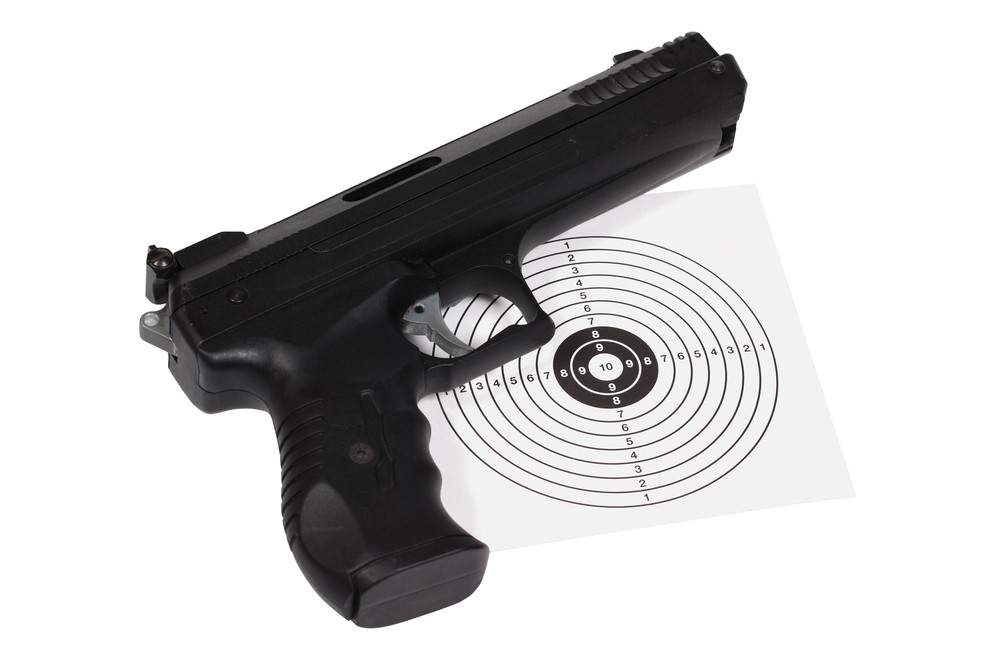

Visiting a gun pawn shop can be an intriguing experience, whether you’re looking to buy, sell, or simply browse firearms and related items. However, given the unique combination of firearms and the pawn industry, there are several important factors and legal considerations you need to be aware of before stepping into a gun pawn shop. Here are key points to keep in mind:
1. Understand the Basics of a Gun Pawn Shop
A gun pawn shop operates as a hybrid between a traditional pawn store and a firearms dealership. These shops not only offer loans in exchange for personal property as collateral but also specialize in buying, selling, and trading firearms. Unlike regular pawn shops, gun pawn shops are regulated by both state laws and federal firearms regulations. It’s crucial to understand that while these shops can offer good deals on purchases, the regulations surrounding transactions are stringent.
2. Legal Requirements and Background Checks
One of the most critical aspects of purchasing a firearm from a gun pawn shop is the mandatory background check. In the United States, all federally licensed firearm dealers, including pawn shops selling guns, must perform background checks on potential buyers through the National Instant Criminal Background Check System (NICS). This applies regardless of whether the firearm is new or used. Therefore, be prepared to provide valid identification and undergo a background check when you attempt to purchase a firearm at a gun pawn shop.
3. State and Local Laws
Gun laws vary significantly by state and locality, and it’s essential to be familiar with the laws in your area before you visit a gun pawn shop. Some states have specific requirements such as waiting periods, additional permits, or registration of firearms. Knowing these laws can help you understand what to expect during your transaction and avoid legal issues.
4. Condition and History of Firearms
When visiting a gun pawn shop, you’ll encounter a variety of firearms, ranging from brand new to antique and everything in between. It’s important to inspect the condition of any firearm you’re interested in thoroughly. Check for signs of wear, damage, and functionality. If possible, ask for the history of the firearm, including its previous ownership and use, which can be critical information for collectors and regular buyers alike.
5. Haggling and Negotiation
Negotiation is a common practice in pawn shops, and a gun pawn shop is no exception. Price tags in pawn shops often start on the higher side to leave room for bargaining. Before you visit, research the market value of any firearm you are interested in. Knowing the current retail prices will give you a solid foundation for negotiating a fair price.
6. Warranties and Returns
One area where a gun pawn shop might differ significantly from a traditional firearm dealer is in the policies on warranties and returns. Most pawn shops sell items “as-is,” which means there may be no warranty or possibility for returns once a purchase has been made. Always ask about the shop’s policy on returns or mechanical failures after purchase, especially when buying used firearms.
7. Explore Financing Options
Some gun pawn shops offer financing options or layaway plans to accommodate customers who cannot pay the full price upfront. These options can be helpful, but it’s important to fully understand the terms and conditions. High interest rates and strict repayment terms can complicate your purchase if not carefully considered.
8. Safety Considerations
Gun safety should be your top priority when handling firearms, especially in a public setting like a pawn shop. Always assume every gun is loaded. Check if the firearm is unloaded (where possible), and handle it with care. Most gun pawn shops have strict rules about handling firearms on their premises, and these should be adhered to without exception.
9. Potential for Rare Finds
One of the exciting aspects of shopping at a gun pawn shop is the potential to discover rare or collectible firearms that are not available at regular dealers. For enthusiasts and collectors, pawn shops can be a treasure trove of rare pieces that add unique value to a collection.
10. Building Relationships
Regular visits and interactions with staff at a gun pawn shop can lead to beneficial relationships. Knowledgeable staff can offer valuable advice, provide updates on new stock, and help you secure better deals based on mutual respect and familiarity.
Visiting a gun pawn shop involves more than just browsing through a collection of firearms. It requires an understanding of legal regulations, a keen eye for quality, and smart negotiation skills. By being well-prepared and informed, you can ensure that your experience at a gun pawn shop is both safe and rewarding. Whether you’re a seasoned gun owner or a curious newcomer, these tips will help you navigate the complexities of gun pawn shop transactions effectively.

